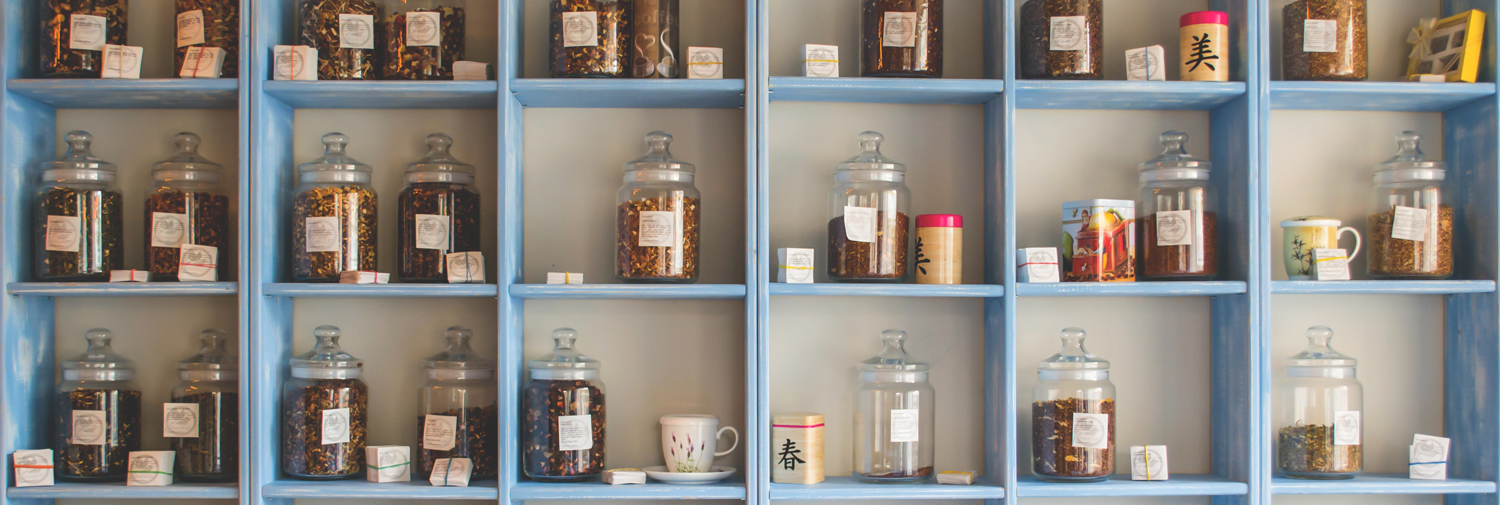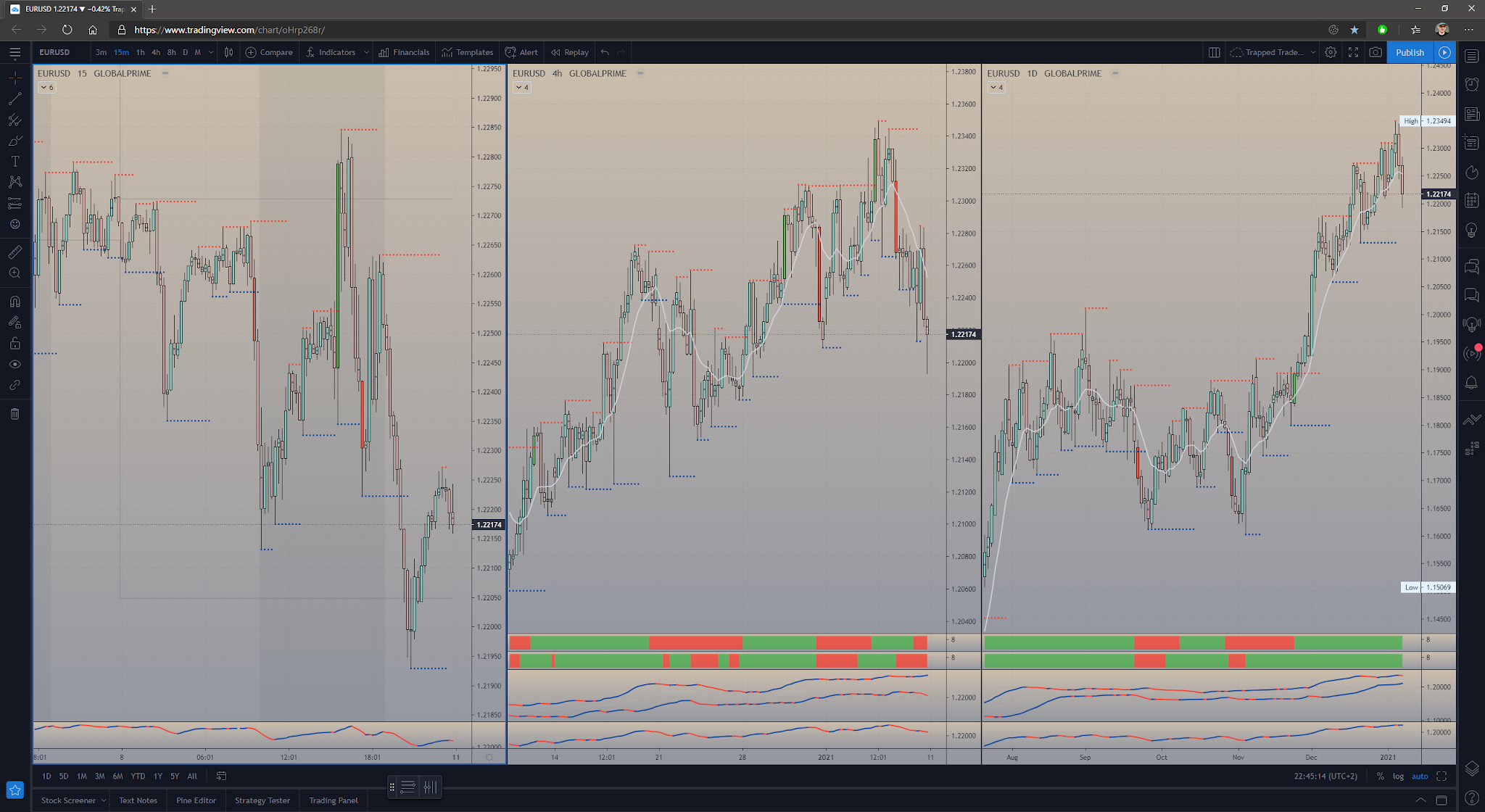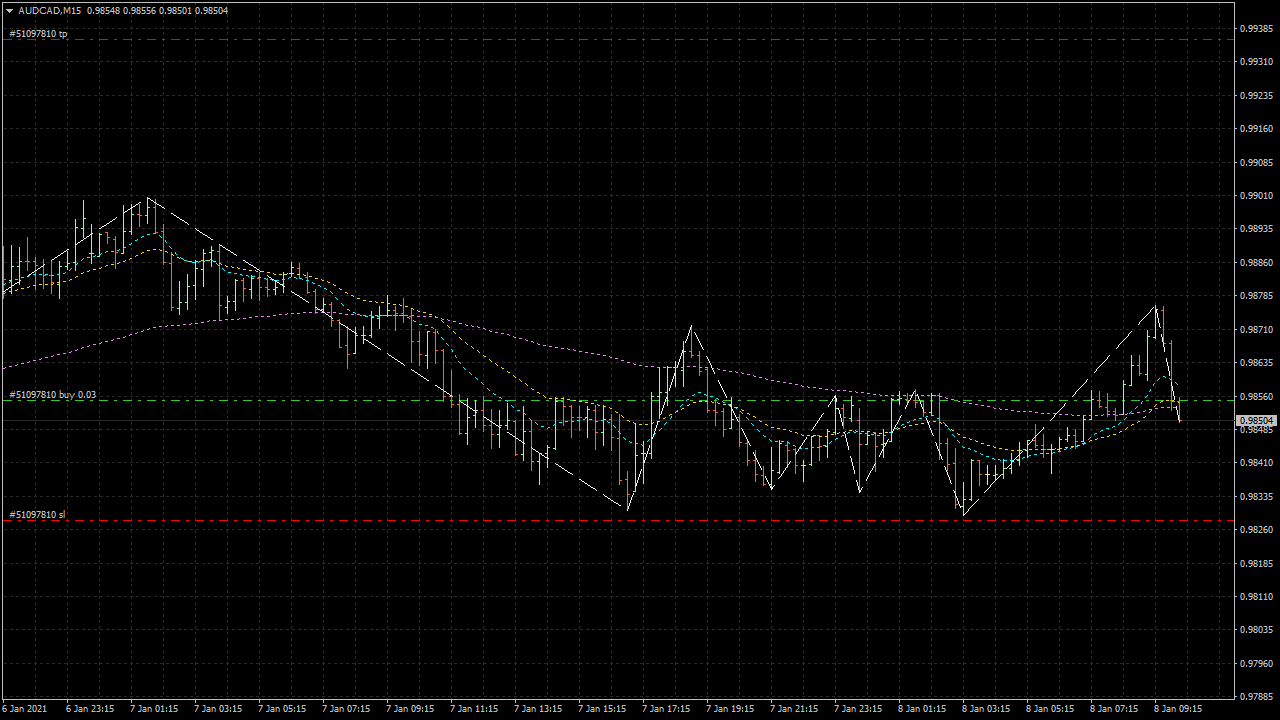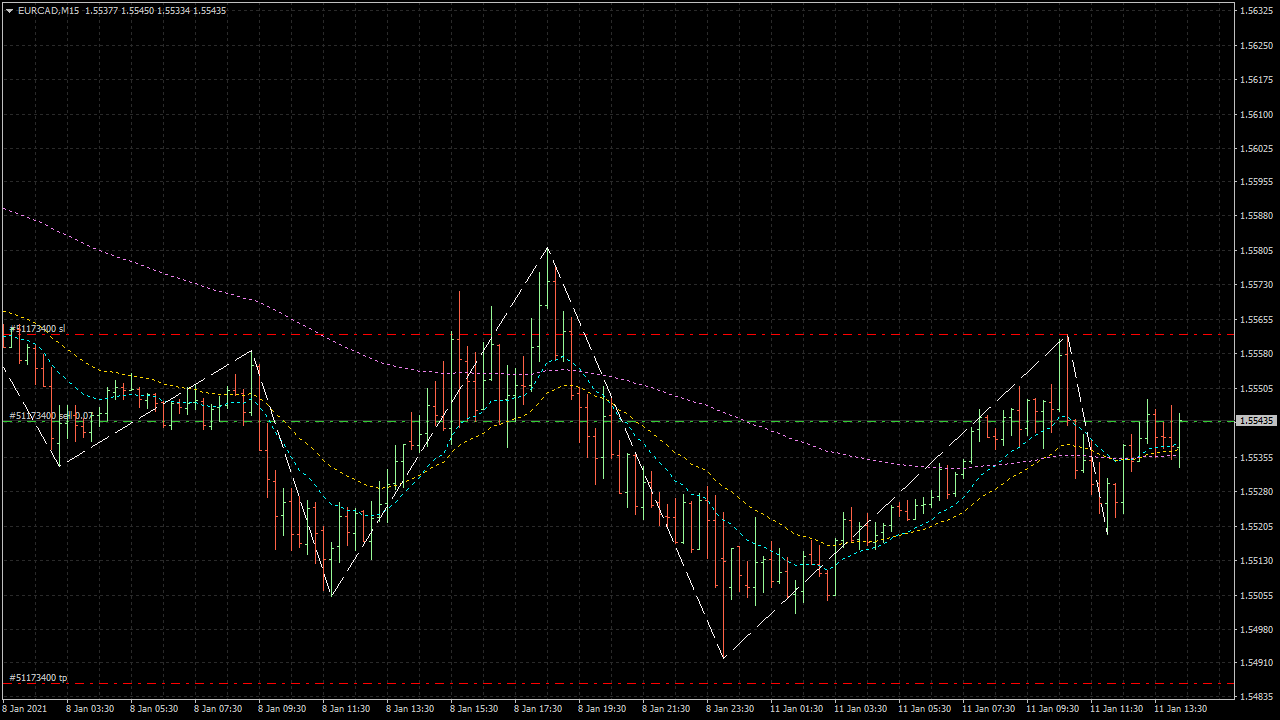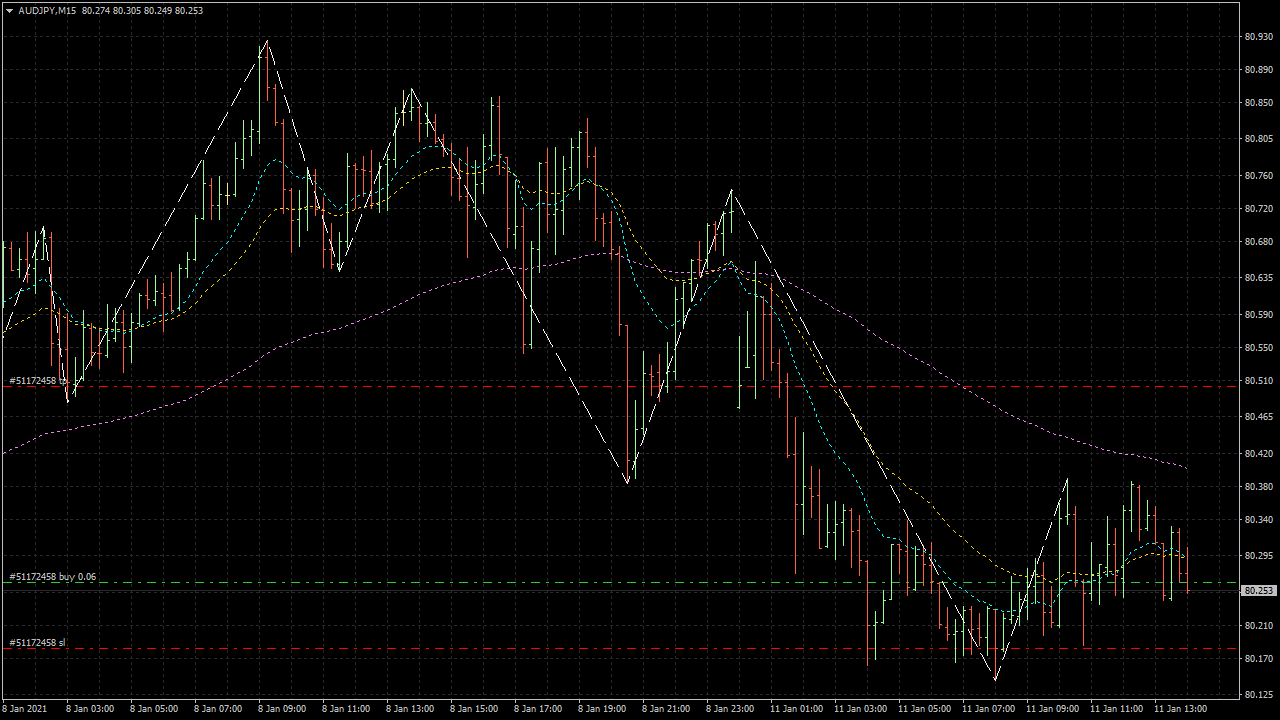
When I started to look at forex trading more seriously, one of the first things I had to do is to find a reliable and fair forex broker. I am very fortunate to have found Global Prime; they offer accounts for forex retail traders almost anywhere in the world, with only the exceptions of North Korea, Iran, USA, Puerto Rico, Ivory Coast, and Ontario, the province of Canada.
I already wrote a post about why I chose Global Prime as my forex broker. However, that is only a brief overview of the true depth beneath it all. The tip of the iceberg, in a sense. There is a very direct and straight forward honesty with which Global Prime operates and they genuinely value educating their clients about the business they are operating. To that end, they have an in-depth video series on their YouTube channel where they explain the ins-and-outs of the forex broker business from their own inside perspective. I found those videos to be highly educational, eye-opening even. I have not seen this type of candid discussion about the forex broker business anywhere else, especially not in this kind of detail.
The videos feature Angus Walker (General Manager), Jeremy Kinstlinger (Co-Founder) and host Sammy Althaus (Head of Retail Support) of Global Prime, alongside occasional guests. This is an overview of the first six episodes.
I found the first two episodes somewhat difficult to follow, I can imagine this is even more difficult for someone who is completely new to the topic. Somewhere after the third and into the fourth episode - following the discussion about dealing desks - was the point where it all came together for me and started to make sense. I hope the excerpts below are helpful for the purpose of following the overarching narrative. At the bottom of this page, you will find a broker quiz to help you understand what kind of forex broker you are dealing with and how honest they are with you.
Episodes
- A-Book vs B-Book
- Forex Brokers Profit From Client Losses
- Dealing Desks Exposed
- Real Liquidity vs B-Book
- The Real Reason Brokers Offer 500:1 Leverage
- Why Forex Brokers Profile Clients
Update; September 2023. Unfortunately, Global Prime decided to mark all the videos of this series private on YouTube. However, even though the videos aren't publicly available anymore, the core content is still preserved here on this page in the summaries below and provides an insightful overview on how forex brokers make money.
A-Book vs B-Book
The discussion in the first episode centers around the fundamental differences between A-Book versus B-Book brokers. This is a key indicator to differentiate between brokers who have your interests at heart versus those who are likely to do more harm than good to your trading account.
The difference, in a nutshell:
- A-Book: Brokers who focus on connecting their clients to financial markets, helping them become profitable; they communicate transparently about all trades on a case-by-case basis.
- B-Book: Brokers who provide a market to trade, but don't externalize trades and the risk; they simulate a market environment without actually connecting their clients to real financial markets.
Angus believes ~98% of current forex brokers use a B-Book model, and none of them focus on honesty and transparency with their clients. B-Book brokers focus on extracting losses from their clients, which leads to a lot of compromises in potential profitability for all of their clients. Interestingly, in 2018, a report of the Australian Securities and Investments Commission (ASIC) showed that trading clients lost ~$2 billion, while brokers profited ~$2 billion. B-Book brokers usually target inexperienced clients who don't fully understand the implications of trading in such an environment. The second episode goes more in-depth on this particular subject, explaining how exactly B-Book brokers are profiting from their clients.
Brokers, like any other business, need to focus on client outcomes (i.e. profitability) for long-term, sustainable success. Global Prime's goal is to do that for their clients in order to connect them to financial markets reliably, while educating them about the forex trading business to help them become successful as traders. This leads into an interesting and important discussion about the ethics of the forex broker business; I encourage you to watch the full episode to follow it.
Forex Brokers Profit From Client Losses
The majority of this episode further iterates on points about the ethics of brokerages and regulatory bodies that were introduced in the first episode, and how Global Prime operates differently than most other forex brokers.
Why do forex brokers B-Book?
Because most retail traders tend to lose, the profit margin for a B-Book broker is 2x to 6x greater than that of an A-Book broker. Brokers aren't penalized for the practice of directly profiting from their client's losses and can be vague about their product descriptions to create loopholes. They are also able to advertise leverage rates of 1:500 or higher, which helps them attract clients by making it appear as if they offer great trading conditions. In a sense they do, but leverage amplifies both wins and losses, and since most retail clients tend to lose it's in the best interest of B-Book brokers that their clients use as much leverage as irresponsibly as possible.
Usually, B-Book brokers profile and divide their clients into two groups - profitable traders are transferred to a secondary A-Book (connected to actual markets), while losing traders stay in the primary B-Book (markets simulated by the broker). The focus of these brokers is to optimize their B-Book trading to facilitate more clients losing, in order to maximize their profits. For profitable traders this usually creates very poor trading conditions, because optimizing liquidity for their A-Book is often an afterthought for these brokers.
B-Book brokers are similar to casinos and gambling business models in that they profit off of their client's net losses, not their net gains. They are focused on marketing and the constant acquisition of new clients instead of client retention and bringing actual value to their clients.
How does Global Prime compete as an A-Book brokerage?
Their product offerings are not that different from those of B-Book brokers, but the leverage offered to their clients is more conservative. A-Book brokerages focus on trade execution speeds, quality of trades, and typically have 1-3 prime brokers. A-Book brokers get direct liquidity from different banks and customize their pricing for institutional and retail clients.
A-Book brokers profit from a mark-up on spreads, swaps, and commissions - not off of a conflict of interest like B-Book brokers.
Essentially, this enables A-Book brokerages to focus on qualitative results for clients w.r.t. transparency, liquidity, and profitability instead of pure quantity of clients and trades. Global Prime specifically values building a community of educated and profitable traders who can hold the brokerage accountable for results and advice.
Dealing Desks Exposed
The third episode centers around dealing desks at a brokerage, what they are, how they operate, and why you should care about them.
Essentially, dealing desks are tasked with risk management for a brokerage.
The underlying principle, as with B-Book tactics in general, is for clients to lose, so that the brokerage can profit from those losses. In certain cases, dealing desks may even deploy deterrent strategies against winning clients to stop them from making too much of a profit at the brokerage's expense - such as artificial slippage, delaying trades, increasing latency, limiting execution speeds, or artificially changing the trading environment.
The checklist for a typical dealing desk:
- In the long run, the clients always have to lose.
- Hedge the least amount possible. The more exposed a B-Book broker is, the more money they stand to make. For instance, if they make $100-200 million in a quarter, then the market exposure they carry is, on average, over $1 billion.
- Hedge less in volatile markets. More volatility = more client losses = more profit for the broker.
- Clients with excess risk always blow up their account.
- The A-Book is not the focus.
- The core principle is always to optimize revenue per million and maximize profits for the brokerage through earning from client losses.
Dealing desks can switch a client from A-to-B-Book (or vice-versa) even mid-trade, and the client has no idea. This leads to the client suffering a higher possibility of losses due to the aforementioned unethical practices of delaying trades, artificial slippage, etc.
These forex brokers always have a set percentage of winning clients who are permanently put on the A-Book, but that A-Book itself is often only an afterthought, so the client doesn't have access to optimal liquidity or an ideal trading environment. This is bad for these profitable clients, as it is likely that they are getting a sub-standard return on their investment at the brokerage.
It can result in a double loss for the brokerage if they move a client from B-to-A-Book; i.e. if a client wins on the B-Book side, then the brokerage owes them money. Then, if that client is moved to the A-Book and loses, that's another loss for the brokerage as well because now the brokerage owes money to a bank. Thus, it requires good timing, expertise and substantial experience to operate a dealing desk at the highest efficiency.
B-Book brokers primarily make money from exposure + volatility = risk (the "formula" for client losses) not from commissions or spread revenue across clients. This is one of the reasons why they are eager to give 500:1 or more leverage to clients, who (statistically speaking) inevitably make large losses. Leverage amplifies both wins and losses, and the quicker clients blow up their account, the quicker a B-Book forex broker generates a profit.
What are the two most important tools for every B-Book brokerage?
- Marketing. - This brings clients to the brokerage to make money off of them. Since the strategy is for clients to blow up their account, and it is expected of them to eventually give up forex trading in the process, these brokers require a constant stream of new clients.
- Dealing Desks. - The broker completely controls the trading conditions and risk management policy by constantly monitoring and dynamically adapting the trading environment.
A-Book brokers on the other hand focus on managing liquidity and communicating with liquidity partners to make sure that their clients receive the best trade execution speeds and trading environment.
Why should you care?
The primary mission of dealing desks is making sure individual clients don't make too much money, so that the brokerage can profit from their losses instead. Being a high-value, high-volume, winning client is actually detrimental to a brokerage firm that primarily operates on a B-Book. This is why it's so important to know whether a brokerage has your best interests at heart - and to help answer that, please refer to the quiz at the bottom of this page. The Q&A style format should be self-explanatory after reading and digesting this article, even more if you watch all the videos as well.
Do A-Book forex brokers like Global Prime have dealing desks?
Normally, an A-Book forex broker does not have (nor need) a dealing desk.
However, batch hedging, where trades are internalized until they reach a certain value threshold, after which they are connected to the external market environment, has some characteristics of a dealing desk. The key difference is that these trades and clients are not individually profiled; instead, the trades are only internalized until their combined value aggregates over a preset limit. The brokerage doesn't make money off of any client's losses (if any) in this case. It is considered a budgeting and cost saving measure, in regards to transaction volumes, to accommodate retail traders with small accounts and to ensure profitable trades for all clients involved.
Real Liquidity vs B-Book
This discussion focuses on exhaust flows and the value of real liquidity of an A-Book brokerage vs that of a typical B-Book brokerage. The episode features Elan Bension (Co-Founder, Director Institutional) of Global Prime as a guest.
In the B-Book business model, when a broker moves a profitable client from their B-Book to their A-Book, they are "exhausting" the trade volume of that particular client into the real market. The losing clients are kept on their internal B-Book. Meanwhile, an A-Book broker tries to exhaust and showcase as much of their trading volume as possible to the market, to maintain complete transparency about all client transactions.
The system of trade in A-Book vs B-Book:
- In general, the system of how the trades are executed in A-Book and B-Book brokerages are quite similar, up until the time when the counterparty fills the trade. With an A-Book brokerage you are trading against real, external liquidity providers, whereas with a B-Book brokerage the trade is being internalized by the brokerage.
- In both cases, the trade goes through the platform and then hits a bridge/execution engine. Now, at the execution engine, in a B-Book execution, the trade will follow all the settings prescribed by the broker, i.e. the latency of execution. Then, the system will take a snapshot of the market liquidity after that latency time-gap has passed (e.g. 30 milliseconds), and then fill in the final order according to the available liquidity and other parameters present at that particular time.
- An A-Book brokerage uses live-market trade response times; while B-Book brokers have to simulate/synthesize the latency, response times, and order fills for clients with larger orders. This isn't a true reflection of current market conditions and easily abused or manipulated for profit by the broker, at the expense of their clients.
The quality of liquidity = the quality of the relationship.
The quality of liquidity provided to clients is often dependent on the relationship between the brokerage firm and their liquidity providers. Global Prime has a team dedicated to communicating and showcasing the quality of their current client flow to their liquidity providers. Elan says that banks don't mind seeing diverse (both good and bad, i.e. losing and winning) client flow, because what matters most to banks is transparency. Due to this openness and dedicated relationship between the brokerage and their liquidity providers, Global Prime is able to provide a superior quality of liquidity to their clients compared to B-Book or even other A-Book brokerages.
In B-Book brokerages, there is usually a lack of transparency with banks. Those firms intentionally send them about 95% bad client flows (i.e. mostly the winning clients, which they don't want on their internal B-Book), which negatively impacts the banks investing with them. Thus, the banks start losing faith in the B-Book brokerage because they (the banks) are consistently losing money by investing with them. In the long run, this leads to the banks being more defensive with their injections of liquidity, which increases the risks of slippage and outages for the trading stream of the B-Book brokerage. This then affects both A-Book & B-Book clients of the firm, leading to system breakdowns.
Additionally, the A-Book clients of primarily B-Book brokers suffer from a lack of dedicated attention to their portfolios and liquidity management. Meanwhile, a purely A-Book brokerage can offer better liquidity and attention to their clients due to a better relationship with their banks. Having a good relationship with their liquidity providers also enables an A-Book brokerage to customize the revenue/liquidity streams to fit their clients better. For them their A-Book isn't an afterthought, it's the core of their business.
The Real Reason Brokers Offer 500:1 Leverage
There is a common sentiment in the forex retail trading community that one of the best ways to get higher returns is through higher leverage.
Is it possible to get higher returns (~5% per month) without very high leverage?
It is entirely possible to do so, but it isn't attractive to most traders because higher leverage seems like a good deal or shortcut to most. However, most of the traders who are entering the market today with B-Book brokers are uninformed about the true risks of higher (like 500:1 or more) leverage, and haven't had suitability tests done to actually assess their ideal leverage and risk capacity. Ultimately, this leads to the wrong belief that they absolutely require higher leverage to make more money, or even to make any significant amount of money at all.
However, B-Book brokers often have a near-guaranteed return on any investment they make with a losing trader. This is why they are happy to offer exorbitant leverage rates, or welcome and deposit bonuses, because at the end of the day the brokerage is going to make a net profit from their clients' losses, carefully managed by their dealing desk. Extremely high leverage is not always in every trader's best interest. Often, when traders ask back-office or B-Book brokers for higher leverage, there is no risk assessment done and minimal information is given to the trader about the risks involved. This usually leads to massively amplified losses on the trader's side, meaning quicker and higher profits for these brokerages.
Angus, Jeremy and Sammy all agree (as before, in the second episode) that B-Book brokerages are like casinos, where some people might get lucky every once in a while, but the house always wins. Angus reminds us that the general rule of thumb with trading is to try and make 1% profit with each trade, and nobody really needs 500:1 leverage to make a 1% profit.
Personally, I think the issue is that most retail traders misunderstand the purpose of leverage. They see it as a means to open a few extreme positions in an effort to make as much money on a few trades as quickly as possible. In reality, the main benefit of high leverage, as I see it, is that it allows you to open a lot of very reasonable positions in parallel. However, this is not something that a regular retail trader should be doing. If you're manually opening 20-30+ positions in parallel on a daily basis, chances are you're probably overtrading. For regular retail forex trading, something along the lines of 100:1 leverage is more than enough and already requires a fair amount of discipline to manage.
In equities trading and other financial trading platforms, there are usually stringent background checks and risk assessments required, no matter what kind of financial instruments are offered to traders, because there is an underlying market which is heavily regulated by proper institutions. In forex trading however this is not always the case, and there are many ways to skirt around the few regulations that are in place, which lead to the creation of the A-Book and B-Book business models in the first place.
Why Forex Brokers Profile Clients
Angus reiterates how B-Book brokers profile clients in order to optimize and maximize their own profits by carefully categorizing traders. As previously mentioned, the profit difference (revenue per million) between an A-Book and B-Book brokerage is significantly in favor of the B-Book brokerage. They don't have their clients' best interests at heart, since relieving them of the money in their account is their primary source of revenue, and will do whatever it takes to make money off of as many of their clients as possible.
The profiling of potential clients starts with the marketing team, who focus on jurisdictions where they predict a higher number of unsophisticated and amateur traders. The B-Book broker's primary objective is to get as many such traders on board as possible, because they are the main target of B-Book tactics. Usually, if a broker is offering a "learn as you trade" service, they are more likely to be running a B-Book. The same applies to welcome bonuses, deposit matching, and similar promotions.
In order to further profile their clients, a B-Book brokerage will then go through a client's transaction history and buying behavior. This serves to find out whether to categorize them as a losing trader (who is kept on their primary B-Book) or a winning trader (who is sent to their secondary A-Book), and which strategies to employ to make the most amount of money from that client.
Using highly sophisticated profiling strategies as well as experienced dealing desk operators, B-Book brokers are nearly always at an advantage. They can plan ahead and keep refining their methods of extracting profitability from losing traders by internalizing all of the risk and guiding inexperienced traders towards sustaining heavy losses. While the brokers have a plethora of information and data about their traders' skill level and trading history, the traders do not have this advantage/luxury, unless they use equally sophisticated third party tools.
At the end of the day, forex trading is a zero sum game and a B-Book brokerage will always be the winner in the trading environment they provide and fully control. It is a very adversarial and competitive situation, with a major conflict of interest between the B-Book brokerage and their clients. Winning clients who are making money are essentially a kind of opportunity cost for B-Book brokers, or in other words, a necessary inconvenience that comes with the territory. - Isn't that precisely the reason we all started forex trading though, to win trades and to make money?
Broker Quiz
The following five questions can be asked of your favorite broker.
If
your broker is honest, they should be able to answer you easily and without
hesitation.
- Rule #1: This must be sent to the compliance department of your broker.
- Rule #2: You must demand YES/NO answers for this to be effective.
- Do you profile your clients into separate books (i.e. A-Book / B-Book) based on their profitability? YES/NO?
- The answer should be NO. An ethical broker should not offer different trading conditions to their clients based on their profitability.
- Can you categorically state that you do not profit from client losses through warehousing client trades? YES/NO?
- The answer should be YES. If the answer is NO, then the broker is primarily set up to profit from client losses instead of providing access to financial markets as a service.
- Do you notify clients when you switch them from A-Book to B-Book ? YES/NO?
- If the answer to the first question is YES, then the answer to this should be YES as well. That would mean the broker is profiling clients, but at least honest about doing so. If the answer to the first question is NO, then the answer to this question should be N/A.
- Can your clients increase their leverage without any assessment? YES/NO?
- The answer should be NO. A responsible broker will make sure that clients do not overtrade and understand the risks of trading with very high leverage.
- Do you provide some form of post trade transparency to demonstrate which liquidity provider filled the client's trade? YES/NO?
- The answer should be YES. Otherwise there is no transparency on who filled the trade on the opposing side and whether the trade was based on real market conditions.

